Room:
5-314
Speaker Name:
Prof. Oren Gal
Affiliation :
Hatter Department of Marine Technologies, Leon H. Charney School of Marine Sciences, University of Haifa
Abstract:
In this talk, we harness advanced data science techniques, Multi-Agent Reinforcement Learning (MARL), and Computational Fluid Dynamics (CFD) to optimize micro-robotic swarm locomotion under time-dependent flow conditions. Traditional approaches often assume simplified or steady flow profiles, limiting their applicability to real-world biomedical and marine scenarios, where oscillatory fluid dynamics complicate navigation. By integrating a CFD and MARL frameworks, our method incorporates dynamic fluid sensing of swarm members, enabling swarms to adapt maneuvers and maintain coherent formations despite unsteady flows. In our case, each microrobot is represented as a discrete agent capable of local sensing and actuation, contributing to a collective decision process that maximizes a global reward reflecting the swarms progression along the vessel. To train and evaluate policies, we integrate a high-fidelity CFD solver with a reinforcement learning pipeline, coupling real-time fluid pressure and velocity fields with agent-level feedback. The swarms control actions, informed by local observations of other swarm members and local flow, evolve toward patterns that reduce drag forces, enhance propulsion, and mitigate collisions, thereby achieving effective navigation in a dynamically shifting environment.
On the second part of this talk, we present CFD-Driven supervised models for Autonomous Underwater Vehicle (AUV) hydrodynamic force prediction. Accurate prediction of hydrodynamic forces is fundamental to the dynamic performance, control, and maneuverability of AUVs. This study introduces a supervised machine learning framework trained on high-fidelity CFD simulations to estimate key hydrodynamic forces, specifically drag, and lift under a broad range of operational conditions, including varying velocities, and depths. The resulting model captures the nonlinear, multivariate nature of AUVfluid interactions with high predictive accuracy, significantly reducing computational costs relative to conventional CFD-based approaches. Beyond force estimation, the model is designed for integration into a RL framework to support data-efficient maneuver planning and intelligent control of AUVs in complex environments. Advanced feature engineering and comparative algorithm evaluation ensure robustness and generalizability across untested scenarios. By coupling physics-informed simulation with data-driven intelligence, this work lays the foundation for real-time, adaptive decision-making in underwater vehicle systems and highlights the potential of hybrid modeling in next generation AUV autonomy.
